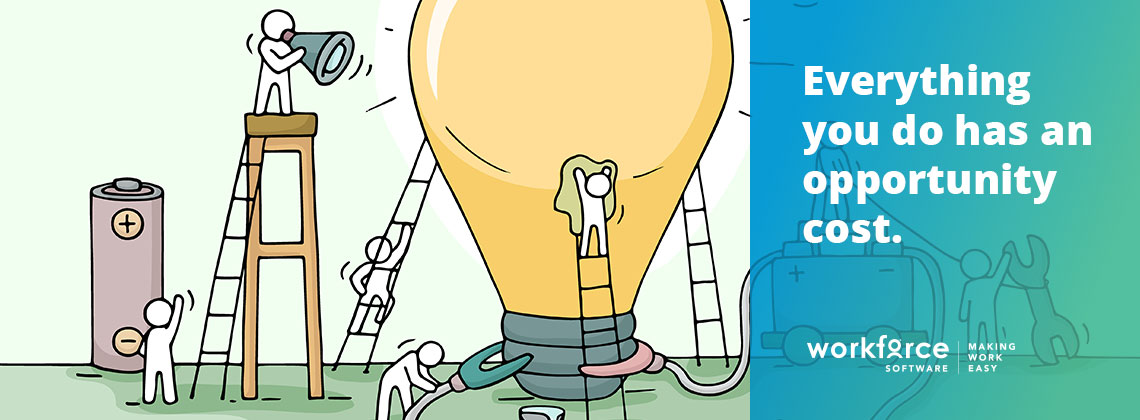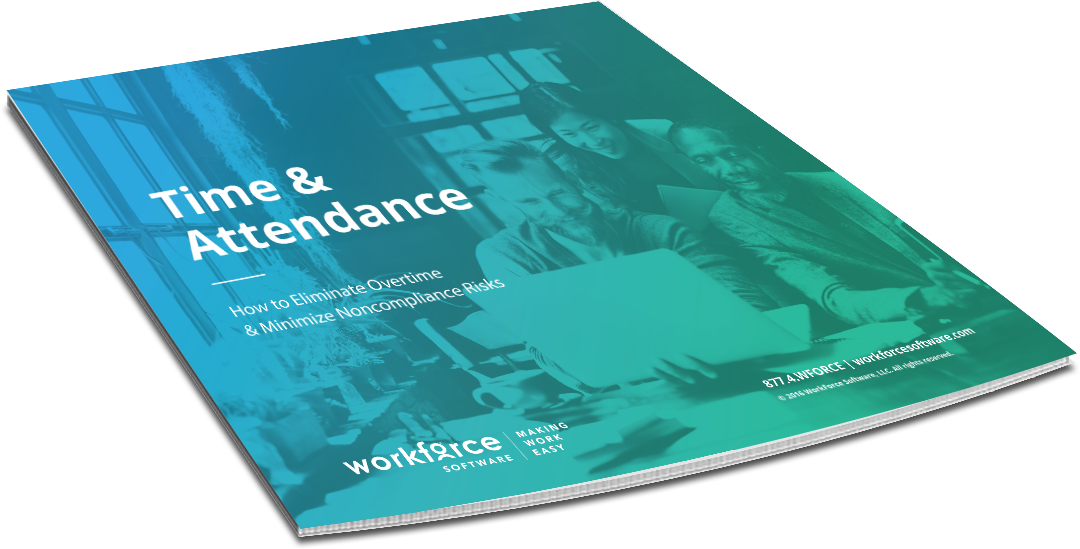The Hazards of Busy Work

Stephen Hawking, the theoretical physicist, had a very productive career.
He completed his Ph.D. at Cambridge. He redefined the Big Bang theory. He proved Einstein’s theory of relativity and developed his own mathematical proof for black holes. He wrote several books and dozens of essays. He went to space.
But despite his profound output, Hawking didn’t work that much. Most days he left the office around five o’clock, a routine he justified to Bruce Allen, his student and mentee, like this:
“Bruce, here’s some advice: The problem with physics is that most of the days we don’t make any major headway on our projects. That’s why you should do other stuff: listen to music, meet good friends.
There’s one exception to this rule: if you find a solution for a given problem, you work 24 hours a day and forget everything else. Until the problem is solved in its entirety.”
Being busy for the sake of it is futile, or worse, counterproductive. That energy could be better channeled, used to produce more meaningful work.
Of course, this perspective goes against the grain. After all …
More is good, right?
How much can you get done in an hour? The more the better. That’s the premise of productivity. At least it was until robots and algorithms and APIs redefined the pace of work.
Today, your value as an employee hinges not on how much you do, but on how well you do it.
Are you making things or processes or relationships better? Are you innovating, producing net new value? Are you being creative?
Bottom line: more is not better. So then why are people drawn to it like bugs to light? Because …
Subscribe to The WorkForce Blog
Learn the art and science of maintaining productive, happy, engaged employees.
More feels good.
Being human is being emotional. We exist to feel.
And being productive feels great! That feeling is why we download productivity apps and create “Focus” playlists on Spotify. It’s why we read articles that teach us to hack our brains and rewire bad habits …
Are these apps and playlists and articles good for us? That depends. They are:
- Valuable when applied to innovative, creative work that elevates the status quo
- Counterproductive when applied to busyness masquerading as productivity
“The problem with chasing the feeling of productivity is it lies,” writes Caroline Beaton. “What feels productive is answering emails, using productivity apps, running errands and doing admin work. Truly important work that distinguishes us and serves our personal, professional and global bottom line, on the other hand, frequently feels daunting and dissatisfying when we’re doing it.”
The more effort you put towards feeling busy, the less energy you’ll have for the work that matters.
Bottom line: most everything has an opportunity cost, including busy work.
The Hazards of Busy Work
We can’t get rid of busy work: emails, to-do lists and spreadsheets lay the groundwork for production. But we can reframe the feeling it gives us, seeing busy work not as a source of satisfaction but, rather, obstruction.
For example, if you spend three hours doing administrative work, have you really been productive? Or were you just chasing the feeling of accomplishment, siphoning your energy in the process?
Look, if you have “busy work” to do, do it. But do it quickly. Then move on to something bigger and more important, slower and more challenging. If that’s not available, “Do other stuff,” as Hawking suggests. “Listen to music, meet good friends.”
Bottom line: avoid the trap of busy work. It’ll help you:
 Time & Attendance: How to Eliminate Overtime & Minimize Noncompliance Risks
Time & Attendance: How to Eliminate Overtime & Minimize Noncompliance Risks
Are the gaps in your HCM suite covered? Learn how a dedicated time and attendance solution can help eliminate over-payments and minimize non-compliance risks.
1. Regain your focus.
“Being perpetually busy is akin to being sloppy with your time,” says Tim Ferriss, author of The 4-Hour Workweek. “It’s ultimately a form of laziness.”
In other words, if you can’t resist the urge to do things (e.g., check your email; tinker with your Trello board; tidy up your desk) you’re being lazy with your will power. Forcing yourself to do nothing (or something difficult, for that matter), lets you exercise control over your attention, the most valuable commodity there is.
Conquer your attention, master your focus.
2. Be more creative.
When you stop working, something happens in your brain. It’s called the incubation effect, a period of unconscious processing. While you’re doing something else (or nothing at all, for that matter) your brain continues to work through concepts, organizing, making sense of things.
This process, which requires virtually no effort, generates ideas.
“There’s one exception to this rule.”
According to Hawking, if you find something worth working on, invest everything in it, all your energy.
This caveat keeps you honest.

 Time & Attendance: How to Eliminate Overtime & Minimize Noncompliance Risks
Time & Attendance: How to Eliminate Overtime & Minimize Noncompliance Risks